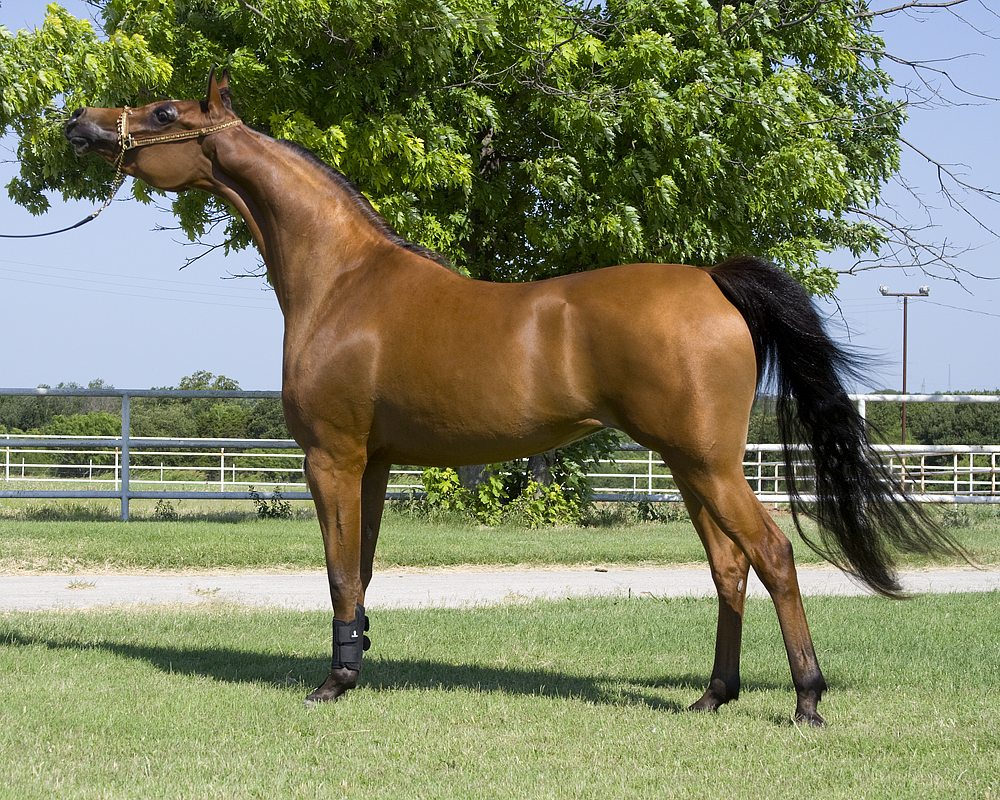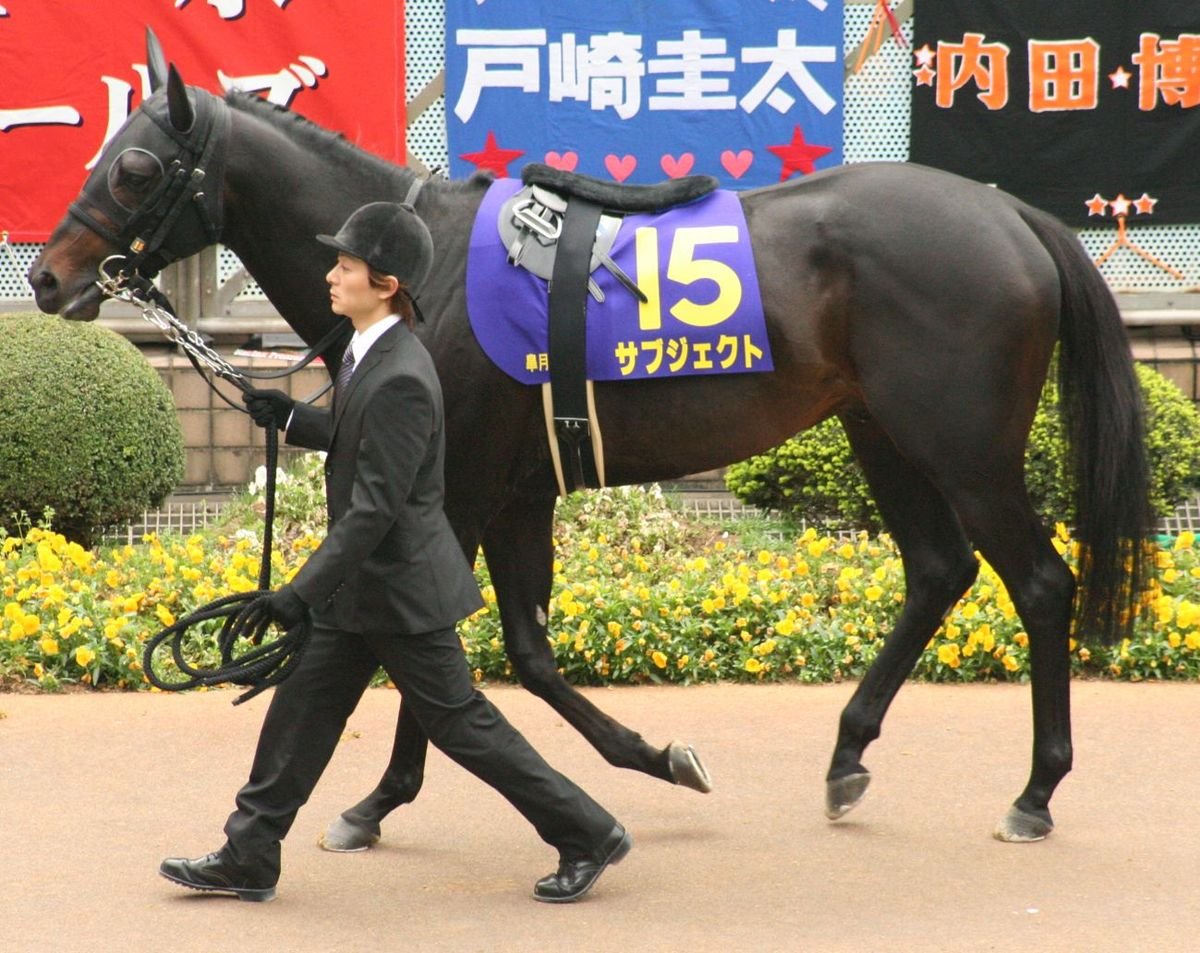How much does it cost of owning a racehorse?
The most expensive part is the purchase price, as low as $1,000 or as high as millions. The initial cost has to include everything from training fees to feed costs. In addition, the owner has to pay all the overhead costs, such as registration fees and veterinary bills.
A racehorse can be a good investment, but it’s essential to understand that you can lose money on your initial investment as well as running expenses.
That includes boarding, training and other expenses like veterinary bills, farrier services (shoeing), insurance and transportation. The AHC estimates that for an average horse owner with one horse, the total annual expense ranges from $11,000 to $15,000 per year.
So, the Cost of Owning a Racehorse – Cost is $28,000 or $30,000 per year.
According to the American Horse Council (AHC), the average cost of keeping a horse in the U.S. in 2008 was $28,000 per year.
How much does it cost to train a horse at the track?
Training a racehorse can cost anywhere between $5,000 and $40,000 per year. The cost of training varies widely depending on the horse’s ability level and how often it races. Shorter meets cost less because trainers don’t have to pay as much for feed. “Yearlings”, horses younger than two years old, cost more than horses over the age of six because their bodies are still developing, and they cost more to insure. A more critical cost factor is whether or not the horse is on any medication, on the track’s “Black List.” Medication for horses can be costly, especially if it continues after racing concludes.
Owning a racehorse is not for the faint of heart. The cost of owning a thoroughbred is approximately $50,000 per year, including training and management fees. Administrative costs aren’t included in this estimation. Owning a stallion is even more expensive than owning a mare because the cost of covering the mare—employing the services of a stallion to breed with it—can cost $3,000. Owning both a mare and a stallion is significantly more cost-effective than owning just one or the other.
Horses cost money no matter what they’re doing. Even if you don’t own your horse but are training it for someone else, you expect to make some profit. Thus, the cost of training a horse at the track is often much more expensive than training it elsewhere because you have to consider living expenses and other expenditures in your cost analysis.
For instance, to race a thoroughbred at a significant racetrack, you’ll need to develop at least $2,500 per month for training it. This cost is usually much higher if the horse doesn’t race often. If you own your thoroughbred and are training it yourself, be ready to pay a trainer anywhere from 10% to 20% of its earnings. Horses cost even more to race at more prominent tracks. For example, the cost of entering a horse in the Kentucky Derby is $45,000 per entry. Horses that have already qualified for the Kentucky Derby cost more to enter.
If you’re looking into becoming involved with thoroughbreds but aren’t quite ready for all of this cost, there are other ways you can be involved in the sport. You can volunteer at racetracks, work as a groom, or become a jockey’s agent. These jobs cost significantly less than owning or training thoroughbreds but are still just as crucial to the integrity of the racing industry.
The cost of buying and caring for a racehorse is steep, but it can be well worth it. Owning a thoroughbred is an investment that could potentially pay off in the long run if the horse becomes successful on the track. Owning your racehorse also comes with significant tax breaks because you’re able to write off many of your costs as business expenses.
How do I become a racehorse owner?
These are some of the most common questions about becoming a racehorse owner. Some people may think that becoming a racehorse owner will be costly and risky. However, that is not necessarily the case. How much you are willing to spend as a racehorse owner depends on what type of horse ownership experience you’re seeking. How expensive it will also depend on how far along in the process you get and how quickly you learn about the costs and risks of owning a racehorse.
At the very least, most people will need to start with a monthly budget of $1,000. If you happen to own a racehorse already, then this is not going to be true for you, and you can skip down to “What are some of the costs associated with owning a racehorse?”
At the very least, most people will need to start with a monthly budget of $1,000. The funding will depend on what type of racing experience you want.
How expensive racehorses get depends on how far along in the process you get and how quickly you learn about the costs and risks of owning a racehorse. How much you’re willing to spend as a racehorse owner depends on what type of horse ownership experience you’re seeking.
The two types of common racehorses are Thoroughbreds and Quarter Horses. How expensive the fees get will vary depending on the region where they live, how well-bred they are, and their level of success. How much you’re willing to spend as a racehorse owner is going to depend on what type of horse ownership experience you’re seeking and the risks and costs associated go up as well. This article will mainly deal with Thoroughbreds since those horses usually win more often than Quarter Horses.

What are the risks of owning a racehorse?
There can be a risk of owning a racehorse because of several factors like after owning a horse it will be ill in a disease or dead, maybe a lack of training facilities cost more than buying a horse which can be an obvious thing.
If the person is lucky, the racehorse will start to earn money for the owner. The risks are so high, but the returns can be good if the horse begins to win the races. If the horse is not well trained or gets ill, it will lose many times, which can affect the owner’s budget too much. Also, there is the problem of the racehorse death.
The training facilities for the racehorse must be the best because the owner has spent a lot of money on buying the horse then the expenditure is very high on the training of that horse which can affect the costs of the also owns if the horse starts to win many races, then it will give the owner the good returns of the investment also.
Might the owner be lucky or not?
It can be the luck factor, but the risk is always there, and the return on the investment, which the owner expects, can vary depending on the luck. The racehorse may lose many times, and the illness factor of the horse makes it the risk the owner takes for the investment.
Conclusion:
Owning a racehorse is not an easy thing to do. It is like a mission of the K2 expedition. The risk factors like the costs of the breed and training and other extra costs, which are not even projected costs, will have to bear the owner. And also, no one can guarantee that even doing everything, that horse will win every time or a single time. But apart from the risk factors, it will be the long-term investment that can give the owner a good return.
